Revisiting the Best Games of 1999
1999 was one of the best years in video game history, and these are just some of the titles that made it so special.
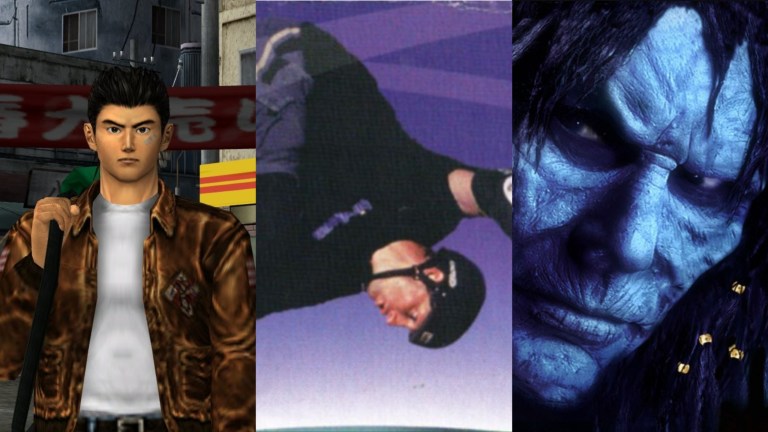
1999 was one of the best years in video game history. Granted, 1999 wasn’t as historically great of a year for video games as it was for movies, but the end of the ’90s saw gaming’s best developers scramble to bring us into the future and honor the past. The result was a mind-blowing collection of titles that feels especially shocking to look back at when you consider how much the industry has slowed down in terms of major yearly releases since then.
What were the best games of 1999, though? The answer to that question will obviously (hopefully obviously) vary wildly from person to person. At the very least, though, it’s a fun conversation to have. Perhaps more importantly, it’s fascinating to look back on (and revisit) those games and take another look at them through a modern lens.
Before we get into that, though, here are a few things to keep in mind:
– This article only includes games released between January 1, 1999, and December 31, 1999.
– Any games released for any regions during that period are considered eligible. That means games released initially released in arcades (but not consoles) or in certain regions (but not globally) in 1999 are eligible.
– Though a variety of factors determined which games were chosen and where they ranked, one of the biggest determining factors was how well the game has aged. We’re re-examing 1999 games through a 2024 lens, so the focus is on games that tend to hold up pretty well.
Here are the 20 best games of 1999:

20. Crash Team Racing
Crash Team Racing is the only non-Nintendo kart racing game that has come close to besting the mighty Mario Kart franchise. While it arguably falls short of that lofty goal, there are things about this racing title that help it stand apart all these years later.
CTR’s nearly perfect controls and expanded combat options made it a slightly more competitive alternative to Mario Kart’s party game style. Naughty Dog also did an incredible job of implementing the Crash universe’s personality into this game and even bothered to craft a compelling story mode that is surprisingly more substantial than the typical genre fare. This game’s exceptional remaster (2019’s Crash Team Racing Nitro-Fueled) just goes to show how well it has aged.
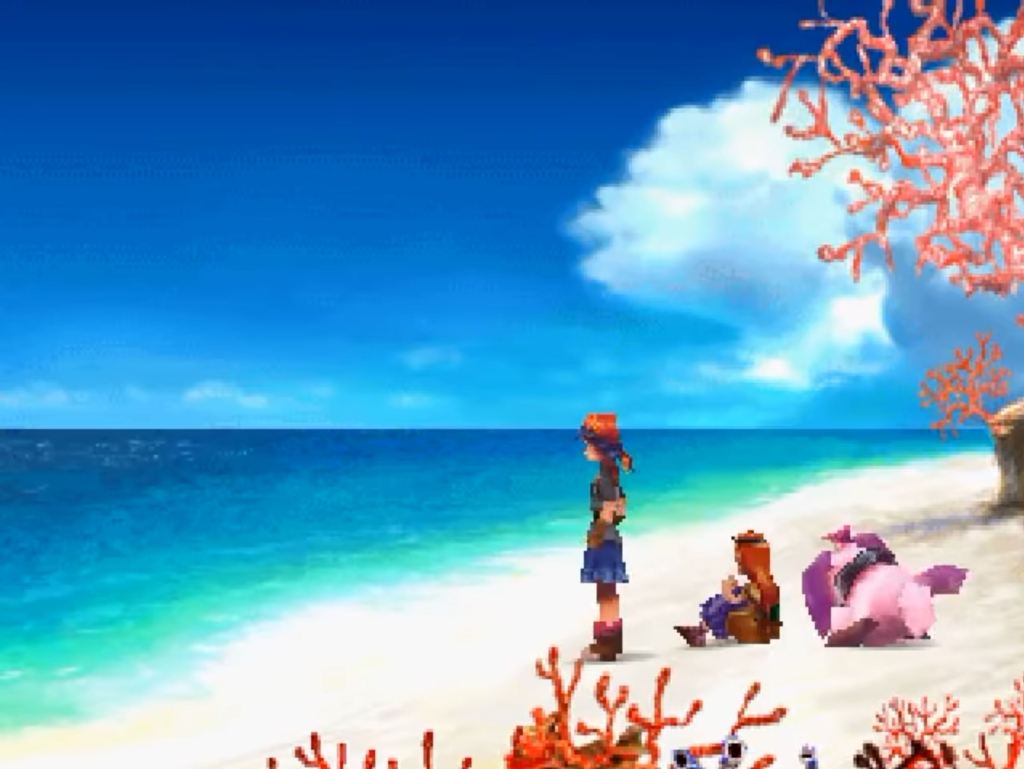
19. Chrono Cross
Though critically praised at the time of its release, Chrono Cross faced quite a bit of backlash from those who rushed to compare it to its spiritual predecessor, Chrono Trigger. Some certainly felt Cross was inferior, but the more popular sentiment was that it just didn’t feel like the Chrono Trigger sequel that fans had waited for (even if the game was never meant to be that).
Years later, it’s easier to appreciate Chrono Cross for what it is: one of the most complex and original RPGs of the PS1 era. You could argue that the team tried a little too hard to make this game so different and deep (even Chrono Cross’ developers have admitted as much), but the results often speak for themselves. This is a stunningly beautiful and wonderfully weird RPG for genre fans who think that they’ve seen everything from the JRPG golden age.
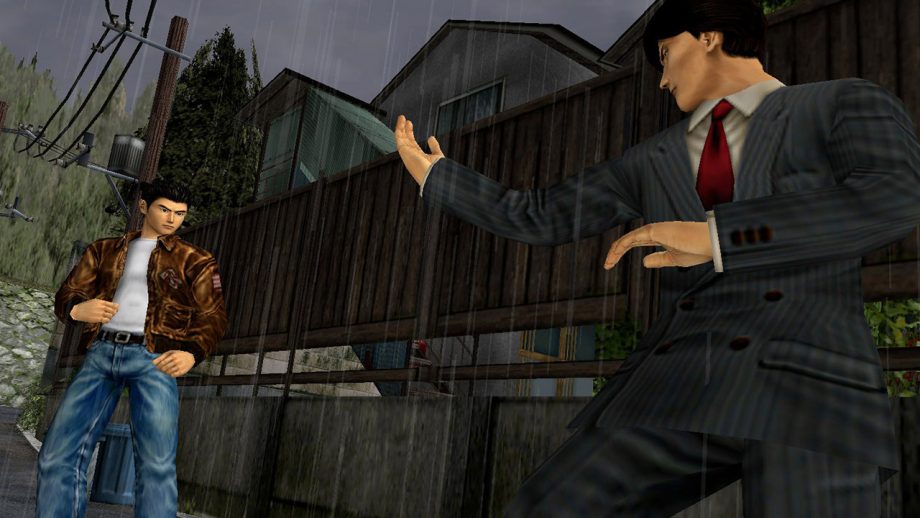
18. Shenmue
Shenmue just made the cutoff point for this list (it was released on December 29, 1999), though this experimental open-world project could have been released at least a year or two later and would have still felt ahead of its time. The most expensive game ever made at the time of its release, Shenmue was supposed to be the Dreamcast’s killer app and the game that would show Sega had its finger on the pulse of the industry’s future. Ultimately, that’s not how things worked out.
And while aspects of Shenmue feel positively dated in the modern age of open-world blockbusters, there are elements of this title that stand up remarkably well even when compared to the masterpieces that followed in its footsteps. There’s a charm to this game’s almost cozy pacing, and it would be years before another open-world title replicated the details and depth of Shenmue’s persistent world design.
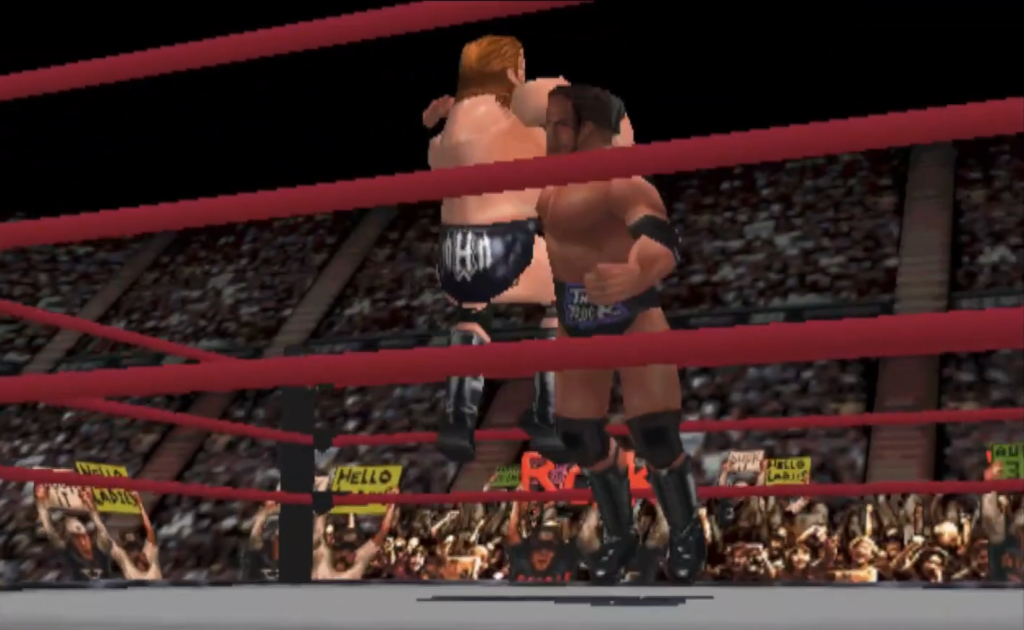
17. WrestleMania 2000
While Super Smash Bros. is the most famous fighting game released for the N64 in 1999, that franchise wouldn’t really come into its own until Super Smash Bros. Melee. Comparatively, WrestleMania 2000 felt like both the culmination of some of the greatest wrestling games ever made up until that point and the future of that sub-genre.
Released at a time when the WWF practically ruled the world and built upon the engine developer AKI Corporation had recently used for their WCW games, WrestleMania 2000 was a revolutionary blend of concept and execution for wrestling fans everywhere. Its controls were nearly perfect, and AKI raised the bar with Road to WrestleMania: a deep story mode that set a new standard for sports titles everywhere. Yes, No Mercy would offer a better version of this experience just a year later, but even that legendary title was built upon WrestleMania 2000’s innovations and refinements.
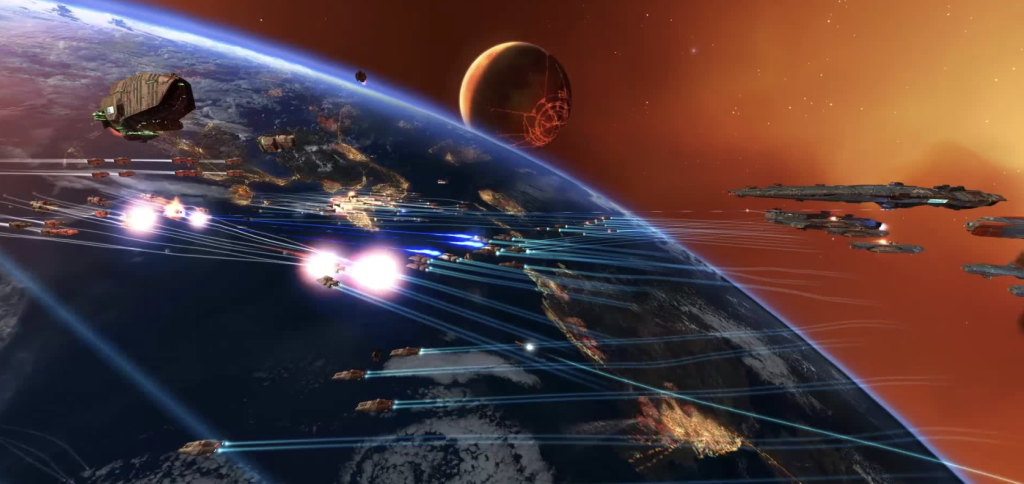
16. Homeworld
For years, strategy game fans had dreamed of a game that would allow you to command a fleet of spaceships in a truly three-dimensional environment. Well, developer Relic Entertainment not only found a way to make that dream technically possible in 1999 but pretty much knocked that advanced concept out of the park their first time at bat.
Homeworld’s surprisingly minimalist UI made it that much easier to appreciate the stunning beauty of its ship-to-ship battles. Though Homeworld’s unrivaled freedom of movement adds a natural layer of complexity to its combat, Relic did an exceptional job of making the game accessible enough to a variety of players. The result was a true dream game that played, looked, and sounded like one.
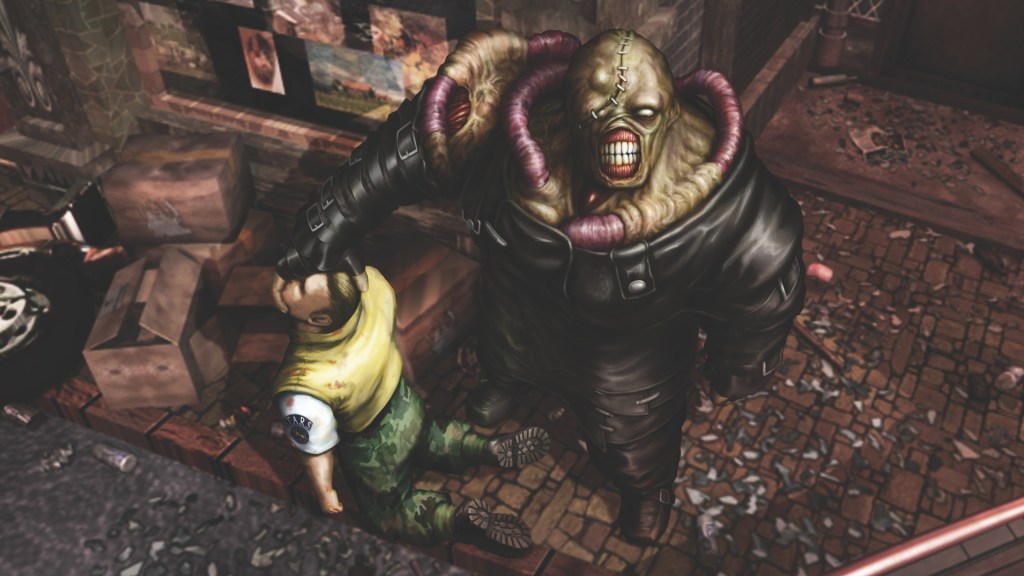
15. Resident Evil 3: Nemesis
Released only a year after Resident Evil 2, Nemesis often suffers from its proximity to one of the greatest horror games ever made. While Nemesis does sometimes feel closer to an expansion pack or modern DLC than a full sequel, the game has always deserved the legacy it’s often been denied. Hell, this is the only Resident Evil game that is arguably still objectively better than its remake.
Nemesis is built around the slasher-like presence of its titular creature, and much of the praise for this game must begin with praise for the Nemesis itself. Being stalked by the Nemesis remains one of the most terrifying and exhilarating experiences in a Resident Evil game. While this sequel’s numerous quality-of-life improvements make those Nemesis fights easier than they would have been in previous RE titles, they are still challenging enough to make you constantly consider fight vs. flight and risk vs. reward. Resident Evil 3 was a milestone release for the evolution of action-based survival horror.
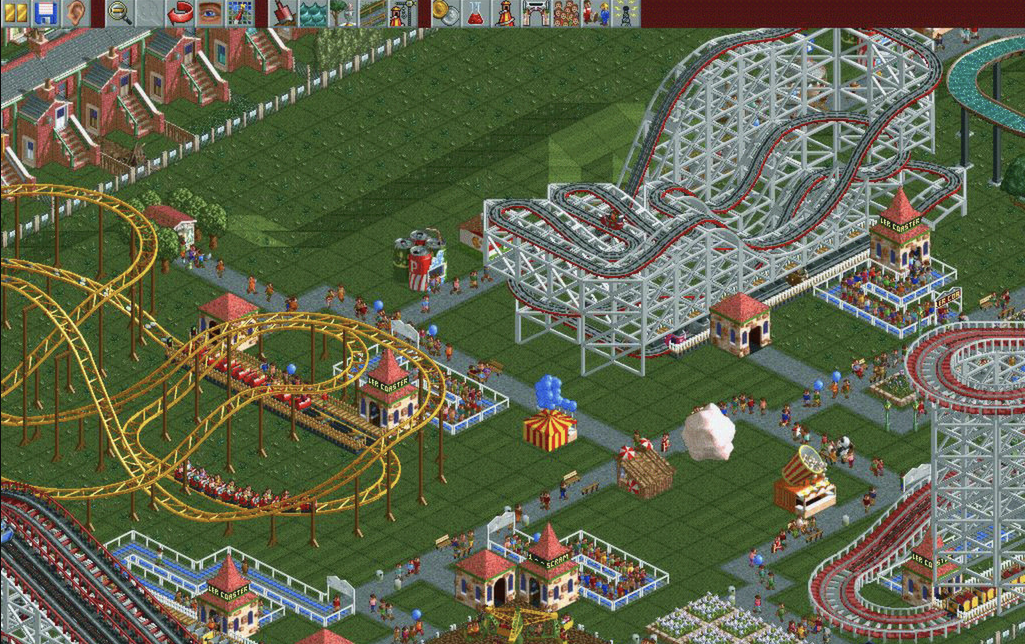
14. Roller Coaster Tycoon
There is a simple joy to Roller Coaster Tycoon that resonates to this day. While the mechanics of this game’s park management functions are stellar (you should expect nothing less from a Chris Sawyer game), it feels safe to say that few fond memories of this title revolve around finding the right price for french fries or maximizing a park’s revenue.
No, those memories are often reserved for the simply delightful process of designing roller coasters. Whether you were trying to build the coaster of your dreams or a deathtrap of its riders’ nightmares, Roller Coaster Tycoon tapped into a design desire many of us probably didn’t know we had and allowed us to explore it in ways that were simply addictive yet wonderfully deep.
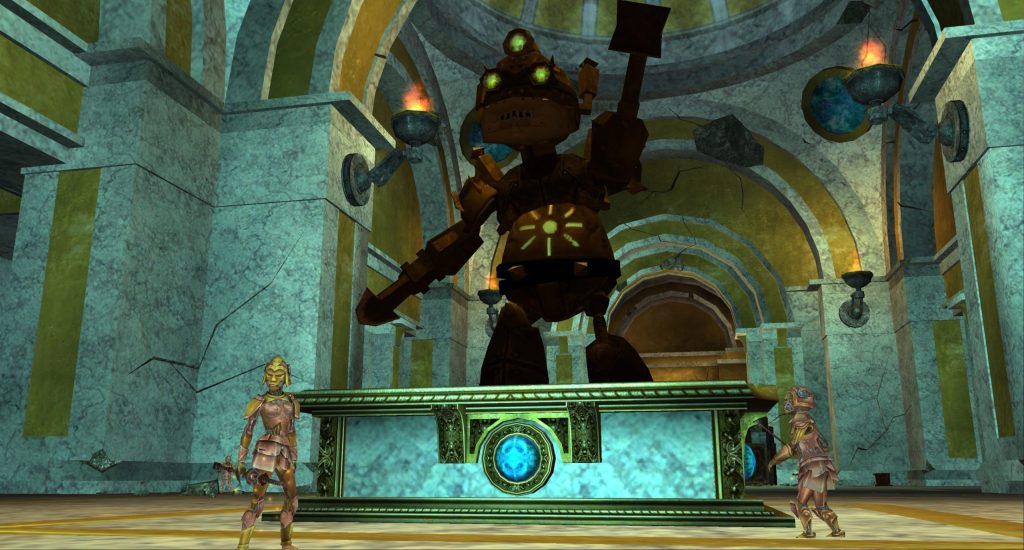
13. Everquest
Everquest wasn’t the first MMORPG, but it’s easy enough to understand why it’s sometimes misremembered as the first game of its kind. At the very least, Everquest refined many of the concepts we now think of when we think of a modern MMORPG.
At a time when quite a few people couldn’t even reliably access the internet, Everquest outlined a compelling draft for the future of online gaming. Affectionally known in its day as “Evercrack,” Everquest consumed the waking hours of a legion of gamers who found themselves hopelessly drawn to it. While much of its success can be attributed to some of the ways it streamlined early MMORPG concepts, there are ideas and mechanics in this game that are shockingly more complex than what you’ll find in even modern MMOs.
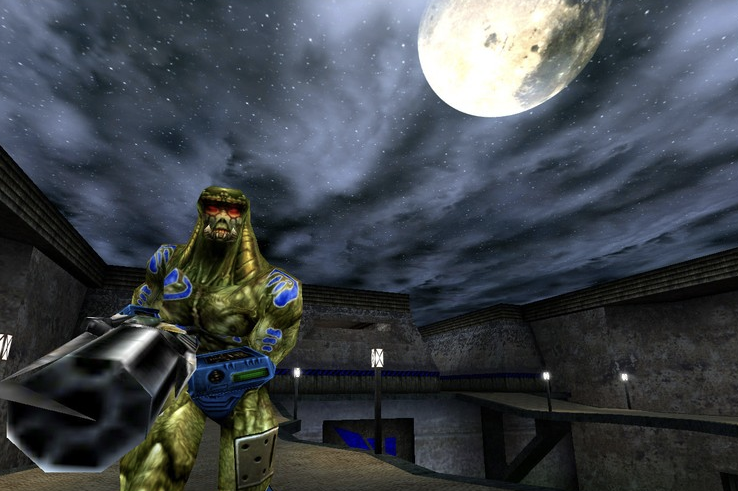
12. Unreal Tournament
It’s strange to think back to a time when the arena shooter was so popular that two major genre titles from two legendary studios were released just days apart from each other. While many gamers of that era would have probably predicted that Quake 3 would end up winning the arena shooter wars, it’s Unreal Tournament that tends to stand tallest all these years later.
Quake 3 certainly deserves a lot of love for its smooth gameplay and fantastic graphics, but Unreal Tournament just took nearly every aspect of Deathmatch gaming to a new level. Its announcer became a welcome genre standard (at least for an all-too-brief time), its weapons and maps are some of the best in competitive FPS history, and its diverse collection of game modes was far too easy to lose yourself in. Honestly, the lack of modern Unreal Tournament-like experiences makes this game feel that much more special today.
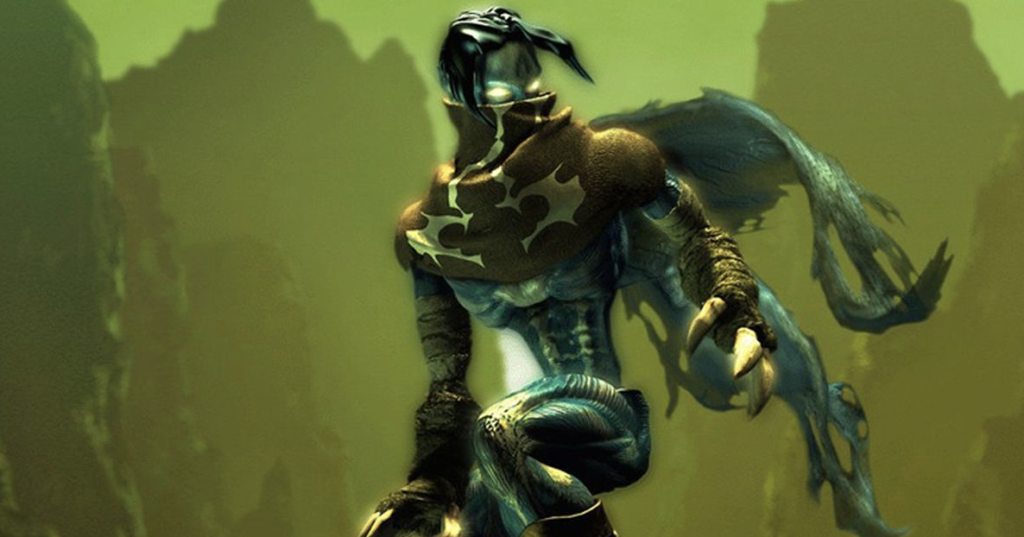
11. Legacy of Kain: Soul Reaver
At a time when the Tomb Raider series was considered the peak of the 3D action/adventure genre in the minds of many, Soul Reaver felt like a revelation. It was a beautiful, playable, and wonderfully dark adventure that kicked down genre doors that competing titles were only beginning to discover.
All these years later, Soul Reaver’s presentation and story remain often surprising highlights. At the time of its release, some considered Soul Reaver to be an almost perfect blend of PlayStation cinematic presentation and Ocarina of Time-like adventuring. While time has certainly exposed some of this game’s wrinkles, Soul Reaver remains an engrossing turning point for the medium.
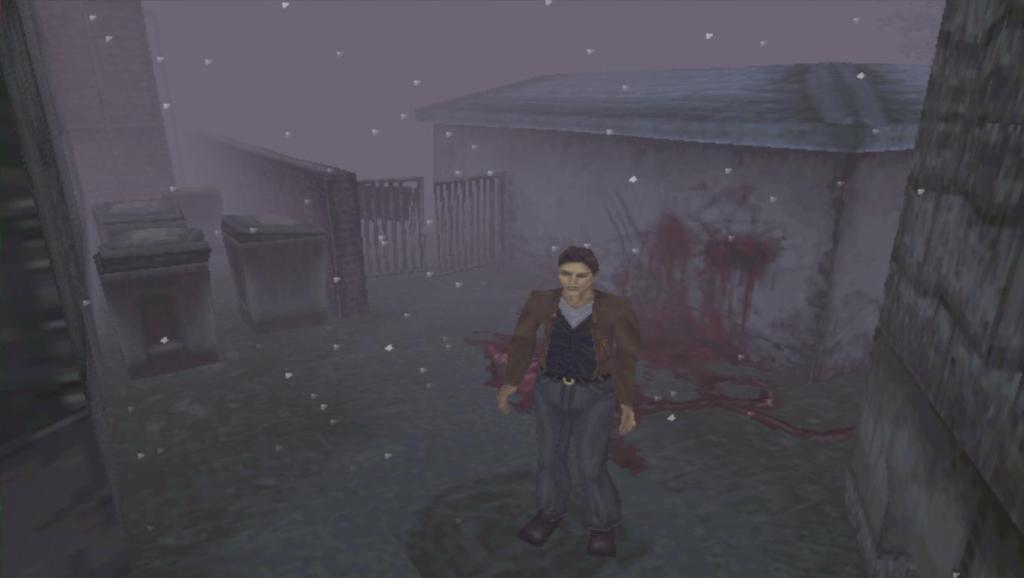
10. Silent Hill
There is a strong case to be made that Silent Hill is the scariest game ever made. Not the best horror game, mind you, and perhaps not even the best Silent Hill game. In terms of pure fright factor, though, Silent Hill endeavored to terrify you like no game before it and like few after it.
If anything, you could criticize Silent Hill for being more interested in scaring players than entertaining them. Then again, isn’t that point of many of the truly great works of horror? Whether you are navigating fog-filled streets, trying to survive a school filled with demonic child-like creatures, or simply trying to wrap your head around the game’s labyrinthian plot, Silent Hill wastes no time grabbing you by the throat and refusing to let go. This game felt simply evil in 1999 and remains shockingly effective.
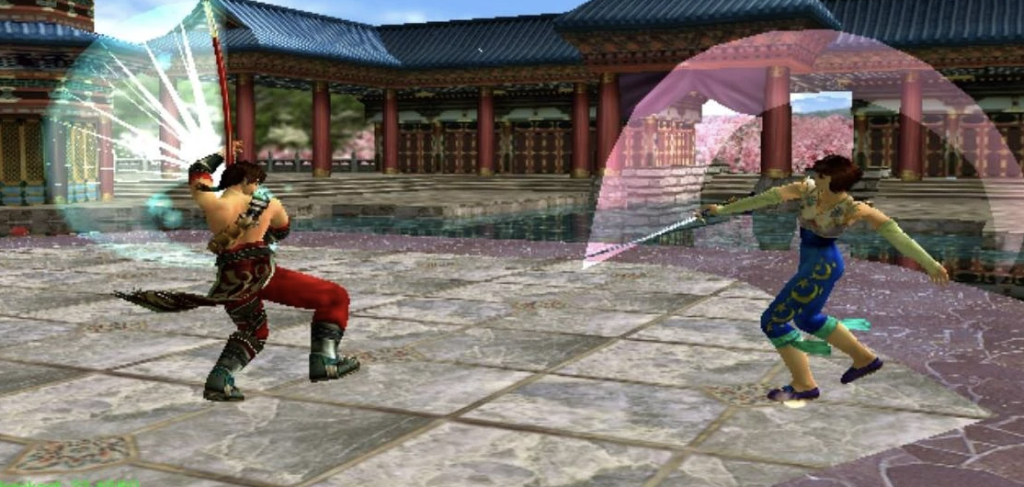
9. Soul Calibur
While the Dreamcast’s famous 9-9-1999 launch was destined to be a milestone moment, the debut of Sega’s next-gen console was legitimized by the presence of one of the greatest console launch games ever made: Soul Calibur.
Just look at Soul Calibur compared to the PlayStation and N64 games available at that time. How couldn’t you take one look at that game and convince yourself that the future of gaming had arrived? The Dreamcast version of Soul Calibur didn’t just look better than the arcade version of the fighter, but it played nearly as well and featured an expanded collection of optional modes.
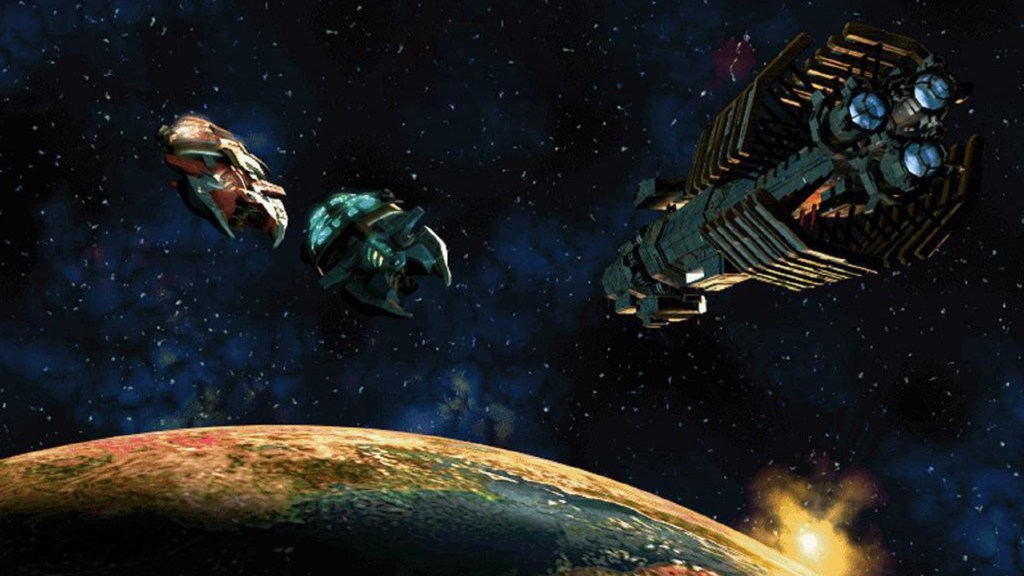
8. Sid Meier’s Alpha Centauri
It’s a big stretch to call Alpha Centauri a lost game, though there is a tragic truth at the heart of that exaggeration. What was once presented as a kind of sci-fi spin-off of the Civilization franchise grew to become so much more, and there are times when it feels like too many people have simply forgotten about how great this game is.
Sid Meier may have used Civilization 2 as the starting point for Alpha Centauri’s development, but he took this game about space exploration and colonization to appropriately new heights. Alpha Centauri not only raised the bar for Civilition’s diplomacy, military, subterfuge, and social management options, but it did so while telling a shockingly compelling narrative starring an array of creative alien creatures and other well-defined characters. It is one of the greatest achievements in strategy gaming.
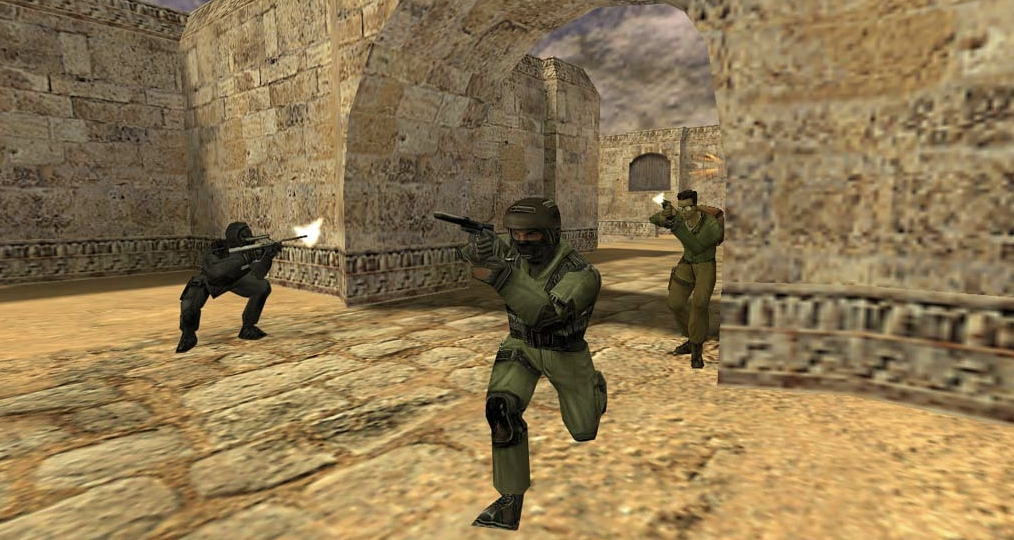
7. Counter-Strike
If we want to get technical, Counter-Strike was “only” available as a mod in 1999 and wouldn’t receive a full release until 2000. Yet, many PC gamers at that time will recall those early Counter-Strike fans telling everyone that the future of the genre wasn’t games like Quake 3 or Unreal Tournament but rather this tactical multiplayer shooter made by a couple of university students. Ultimately, they were right.
For many, their first time playing Counter-Strike was something of a wake-up call. All those hours spent rocket jumping and power-up hunting suddenly didn’t amount to much when a single well-placed bullet ended your round. Concepts like coordination, positioning, and aiming are easily taken for granted in the modern gaming landscape, but Counter-Strike’s use of such ideas helped kick off a new era of competitive gaming.
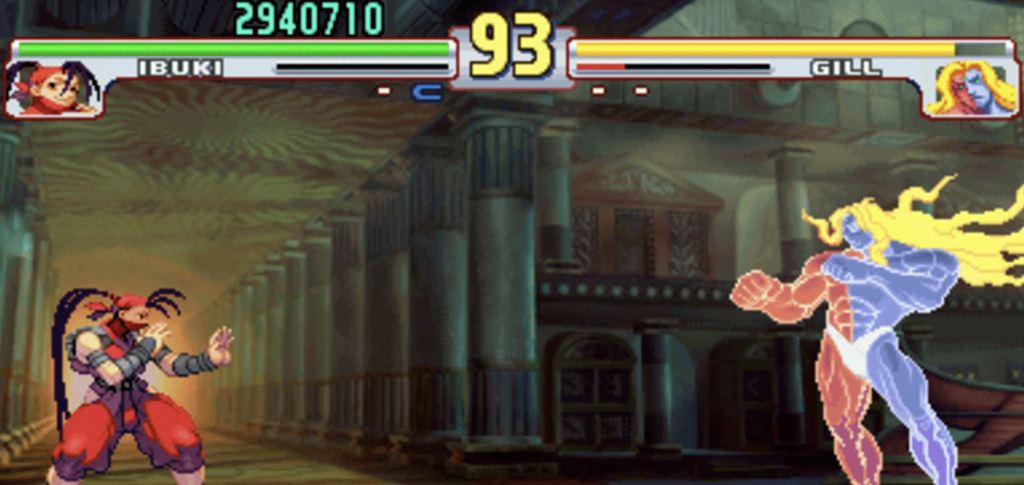
6. Street Fighter III: 3rd Strike
At the time of its release, 3rd Strike managed to fly under the radar. The game always had fans, but it was arguably overshadowed by the rise in high-tech 3D fighters and perhaps a growing sense of complacency regarding the ongoing brilliance of the Street Fighter franchise. However, 3rd Strike is now considered to be one of the greatest fighting games ever made.
A culmination of the incredible evolution of Street Fighter 3, 3rd Strike often also represents thebest of the franchise’s 2D era and the numerous revolutionary fighting titles those games inspired. It looks stunning, it boasts an incredible roster of characters, and the addition of an expanded parrying system added that additional layer of complexity needed to elevate Street Fighter’s already compelling competitive scene. In retrospect, 3rd Strike was a pretty clear declaration that 2D gaming wasn’t going anywhere quite yet.
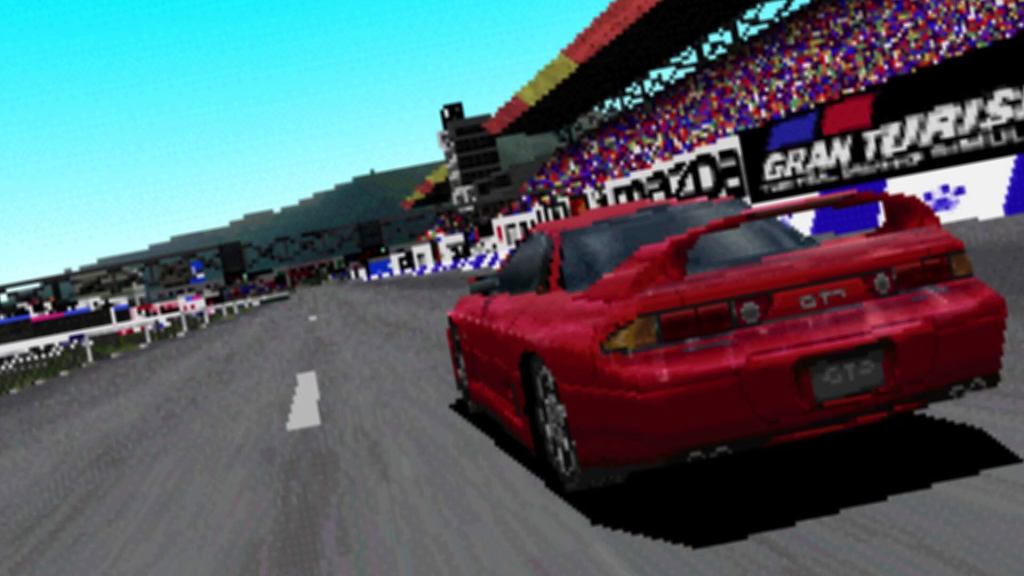
5. Gran Turismo 2
“More” is often the least we expect from a video game sequel. Give us that game we loved and more of it. Occasionally, you’ll get a sequel that alters the original game so completely that it forever changes the course of the franchise. Well, Gran Turismo is that rare sequel that forever altered the course of its franchise by giving us more.
Across two discs, Gran Turismo 2 offered 27 tracks, multiple modes, two distinct styles of play (Arcade and Simulation), 650 cars, and hundreds of ways to modify them. It expanded the scope of Gran Turismo’s brand of simulation racing without sacrificing any of the true-to-life details that made that game so notable. This game set a standard of escalation that the Gran Turismo franchise would later struggle to replicate.
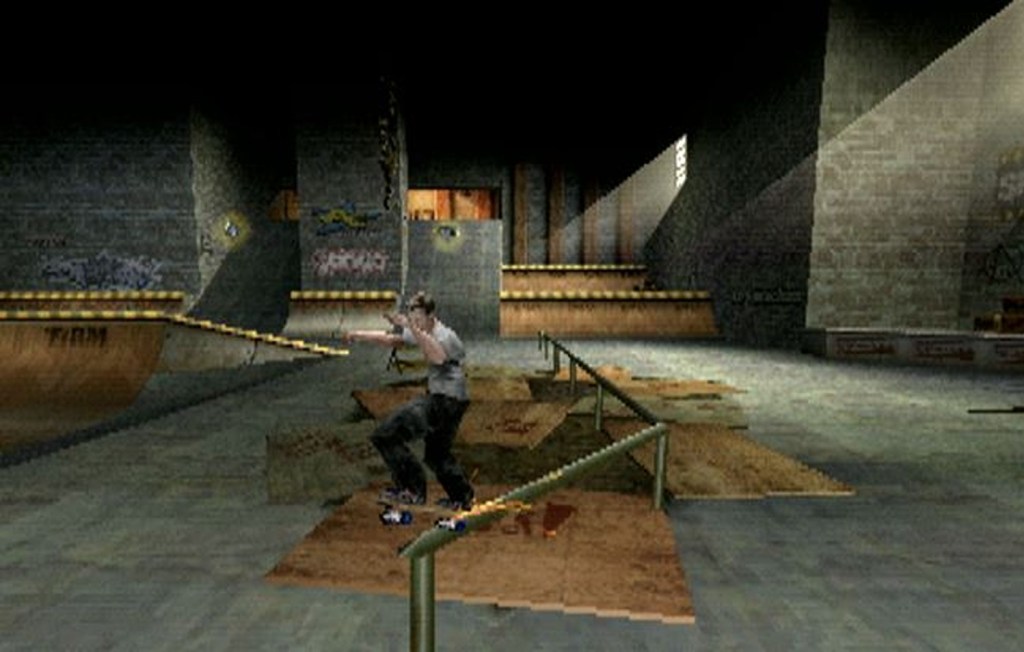
4. Tony Hawk’s Pro Skater
For many, Tony Hawk’s Pro Skater was the defining cultural video game of 1999. At a time when skateboarding was going from a relatively niche hobby to a full-blown phenomenon, Tony Hawk’s Pro Skater came along and tapped into not just the unique culture of that movement but the people, fashion, language, and, yes, the music that went along with it.
The only thing more rare than a video game that arrives just in time to perfectly capture a moment in culture is a video game that does so with timeless gameplay. Yes, Tony Hawk’s Pro Skater has style to burn. After all this time, though, it’s the game’s airtight and utterly compelling arcade-like gameplay that kept us locked into those 2-minute runs that we played until well after the blisters on our fingers started to form.
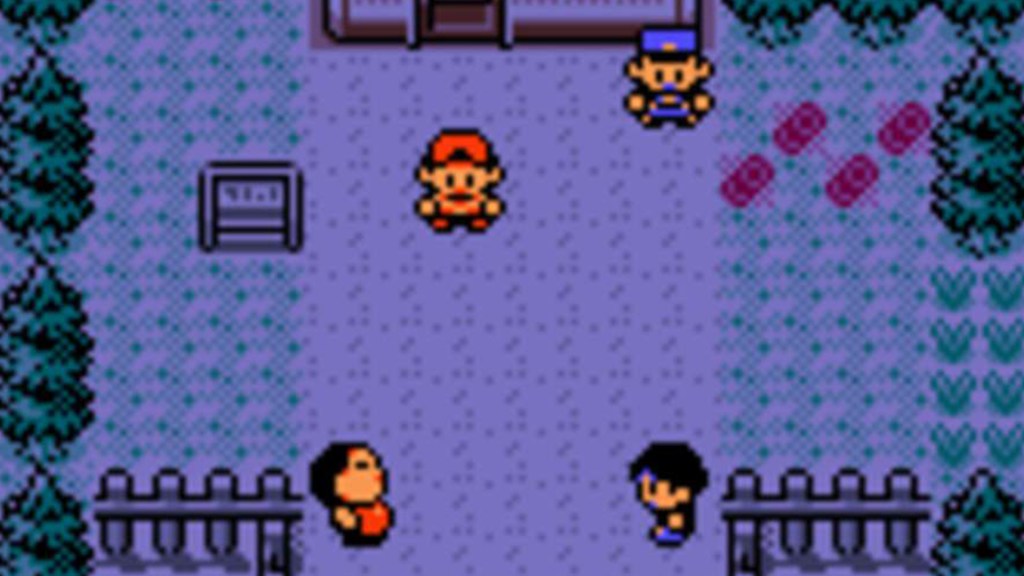
3. Pokémon Gold and Silver
At a time when many in the West were still enjoying the original Pokémon games, Nintendo unleashed the first significant Pokémon sequels in Japan. The rest of the world would need to wait at least another year before experiencing what are now considered to be arguably the greatest Pokémon games ever made.
Now aware of what they now had on their hands, the Pokémon Company sought to use their phenomenon to test new limits. Highlighted by an internal clock system that dictated many events in the game’s world, Gold and Silver’s numerous additions often sought to surprise fans who already thought they’d seen and captured it all. Elsewhere, the addition of mechanics like breeding, roaming Legendary Pokémon, Shiny Pokémon, and the expanded ability to alter a Pokémon’s moves added depth to the original game that formed the foundation of what’s to come. It was a golden (or silver) age for one of gaming’s biggest franchises.
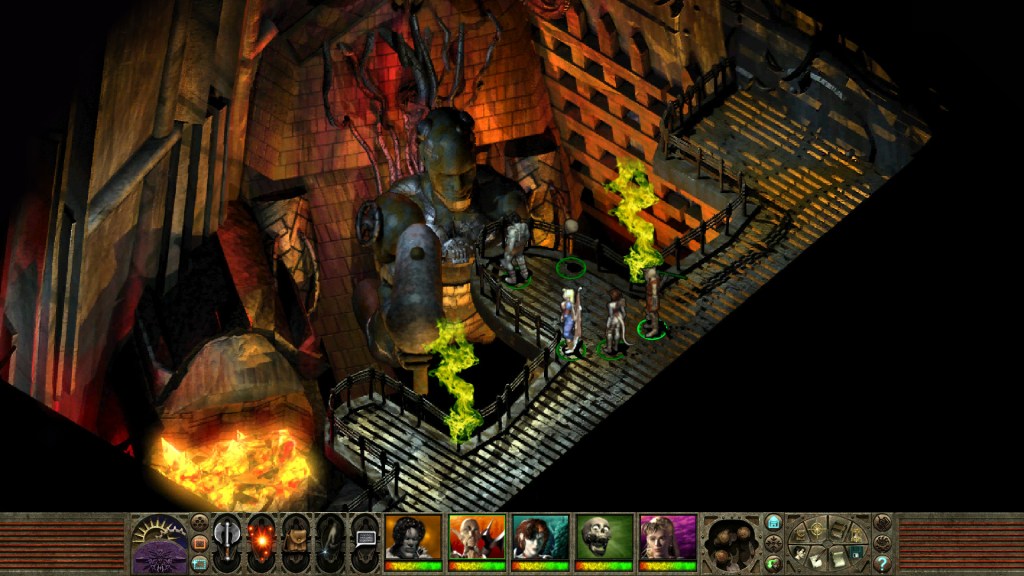
2. Planescape: Torment
Though Planescape: Torment was not a commercial hit in its day, the game was already establishing a legacy in some circles that continues to define it to this day. Outlets everywhere praised the title for its unrivaled levels of character choice and customizations and how all those options supported a story that put otherwise respected works to shame. Even the New York Times (an outlet that rarely covered discussed gaming at that time) compared Planescape to great works of literature and film.
25 years later, Planescape feels nearly as impressive as it was back then. Developer Black Isle Studios sought to challenge all preconceived notions of cause and effect in a video game, and they did so in a way that few games have ever been bold enough to try to replicate. The idea that you could ever come close to seeing everything this game has to offer speaks to the still strong suspected limitations of the medium that this title successfully subverted. Only epics like Baldur’s Gate 3 have come close to replicating Planescape’s depth with modern visuals and presentation elements.
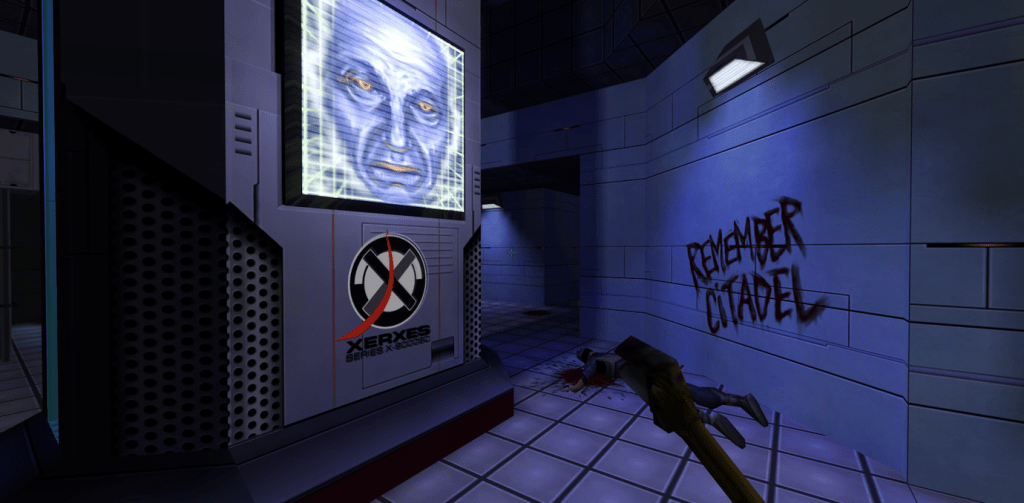
1. System Shock 2
While the original System Shock was a revolutionary gaming experience, it was also a game ahead of its time in some of the worst ways. Looking Glass Studios had a vision, but they couldn’t yet see how all of the pieces fit together. With System Shock 2, the studio put all the pieces together in a way that formed a shockingly clear look at the future of gaming.
System Shock 2 took the immersive accessibility of the first-person shooter and combined it with truly deep role-playing mechanics in ways that other games had only ever dreamed of doing. It broke the barriers that existed between genres and altered all definitions of what an immersive gaming experience could look, sound, and, play like. It was frightening, it was action-packed, it was intelligent, and it both told a story and let you craft your own. Whatever predecessors System Shock 2 may have been built on were in no way capable of preparing us for everything this game attempted and executed so well.
System Shock 2 paved the road for countless titles that followed, yet it remains arguably the best example of so many of the concepts it helped pioneer. Its timeless brilliance is also the inspiration for one of the most significant game preservation movements of our time.
